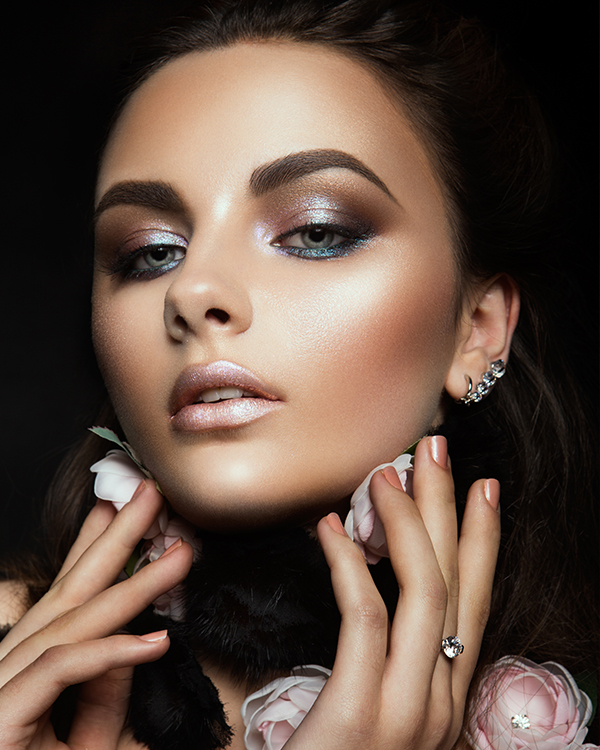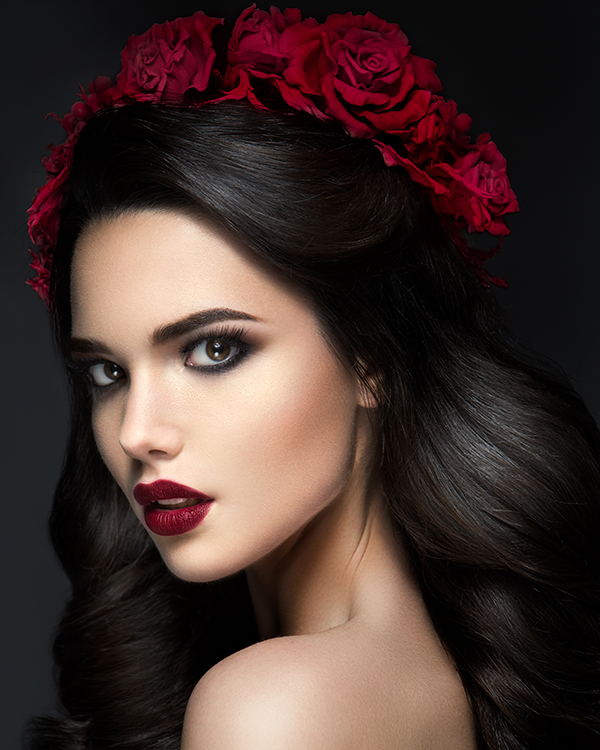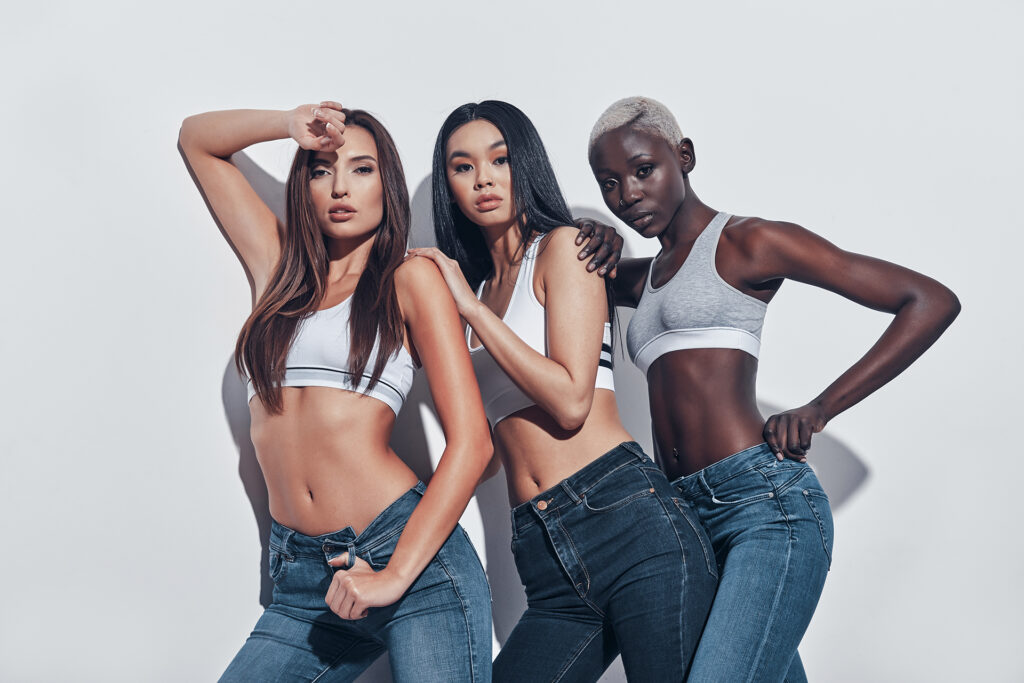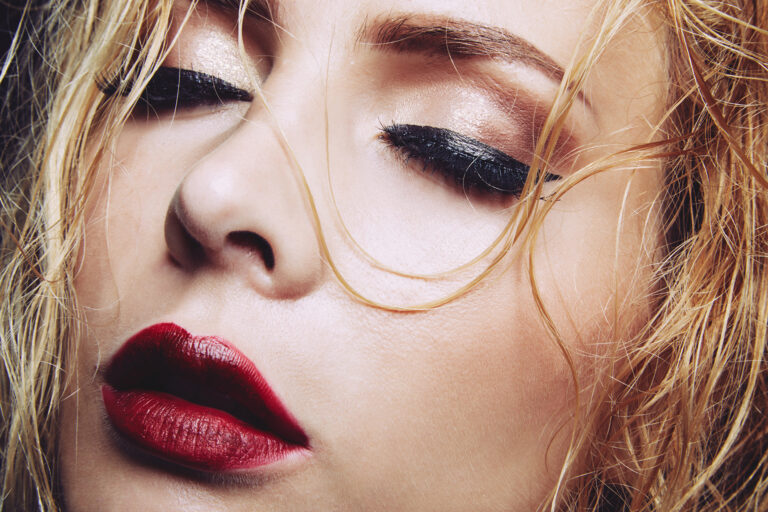Like so many young women, I grew up in a world that glamorizes modeling. It’s a career that’s often portrayed as a fairytale; a scout “discovers” you as a gawky teenager and turns you into a goddess, gracing catwalks and glossy magazine pages. But as someone who’s had this exact experience, I can tell you it is all smoke and mirrors. Behind the facade of beauty and luxury, I found myself in a job with no possibility of progression, the feeling of being exploited at every angle and dealing with the mental health issues that arise as a result.
I started modelling at the age of 13, when my mum sent a photograph of me to a local agency. Having been bullied for the way I look for years, it wasn’t something I’d ever considered, but before I knew it I was being told that my photos would be in some of the biggest fashion magazines out there, which kick-started a career that lasted more than a decade.


“As a fashion model I was humiliated, objectified and forced into debt – here’s why I’m exposing the truth.”
One of the things no one ever tells you is that often as a model you have little control over your contracts or even experiences at work. Models are often seen as objects to be hired out for the day, in any capacity, and this can lead us to forget that we have rights. Really, the only power you have as a model is choosing an agency. But there is no real guidance or official quality control system for the industry, making it hard to know whether you’re making the right choice.
In one instance, I actively chose a prestigious agency but quickly found myself being sent on unpaid test shoots that I later found out I was being charged for – some up to £400. I had experience working for big brands so I could stand up for myself, but even so I felt heavily pressured by the agency.
After a week I found myself in almost £1,000 of debt, with no sign of actual paid work on the horizon. It was impacting my mental health so terribly that I was having continuous panic attacks, and when I tried to leave I was threatened with legal action. I have also often been humiliated at castings and spoken about as an object on the job. One client complained for two hours about the evenness of my eyebrow height.

The majority of models I know have also been pressured to lose weight. I was scouted by an agency who told me to lose three inches (7.6cm) from my hips. When I refused, they dropped the request to 3cm. Months followed of me having weekly measurements taken at the agency after being invited in for a “quick chat”. It was humiliating and degrading to be continuously told off for not being thin enough, and I felt pathetic and worthless as a result.
Everyone around me seemed to think it should be easy. When I finally lost the weight they asked me to lose another 2cm. At this point I finally realised nothing would ever be enough.
As models, people often assume that our bodies are fair game. This created a complex relationship with my body – I suffered eating disorders as a result and still have severe body dysmorphia. But it also leaves us vulnerable to sexual harassment and exploitation.
Everyone around me seemed to think it should be easy. When I finally lost the weight they asked me to lose another 2cm. At this point I finally realised nothing would ever be enough.
As models, people often assume that our bodies are fair game. This created a complex relationship with my body – I suffered eating disorders as a result and still have severe body dysmorphia. But it also leaves us vulnerable to sexual harassment and exploitation.
On another test shoot, I had to leave half way through as I felt incredibly pressured into having a drink and posing nude in a stranger’s bedroom.
I recall a shoot where I was asked to spank another model’s backside with a ping pong bat, and told to “cover my face with my hair” by a photographer when I refused and was visibly upset. I ended up being maneuvered into a sexual position by the team as I cried from humiliation. I didn’t feel like I could just walk out for fear of seeming unprofessional – and I wasn’t even being paid.
While agencies presumably don’t want their models to have negative experiences, the industry is largely unregulated, making it hard for them to know whether the photographer they’re sending us to is legit, or just a creepy amateur. The stress of being consistently sexualised while doing your job inevitably takes a toll.
I feel strongly that if models are aware of their rights we can ensure that these situations do not happen to other vulnerable people – that’s why I’ve written a book sharing my experience. I hope that this starts the much needed global conversation of how to improve the modelling industry.
